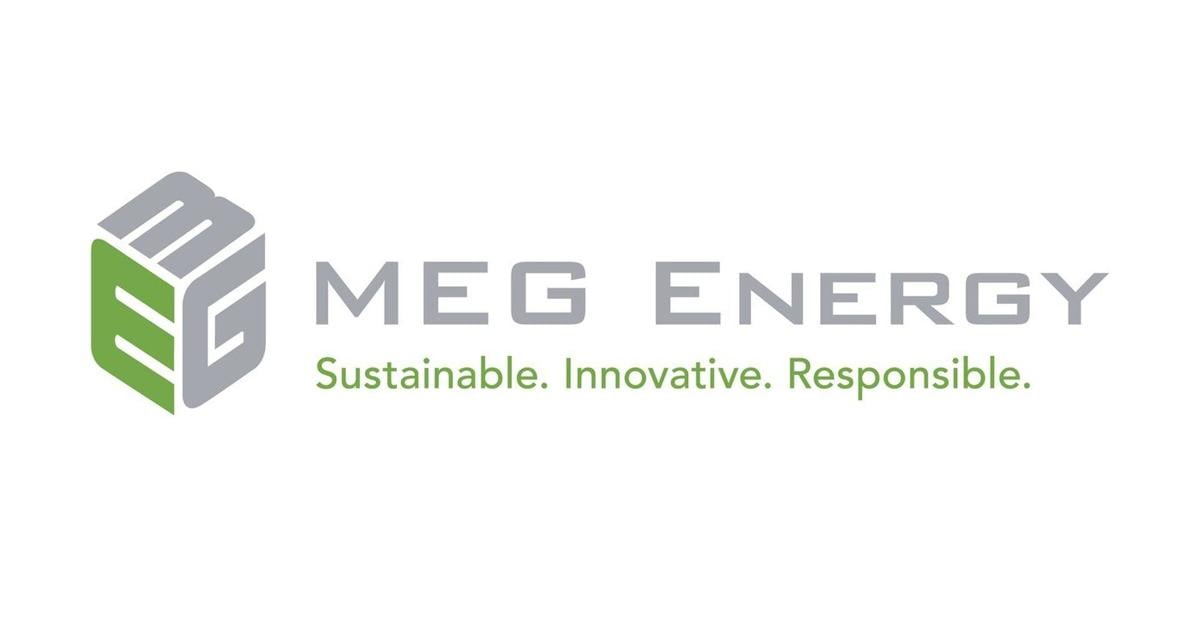CALGARY – Oilsands developer MEG Energy Corp.‘s board of directors is urging shareholders to reject a sweetened hostile bid from Strathcona Resources Ltd., deeming it inferior to the lower — but more cash-heavy — friendly offer from industry heavyweight Cenovus Energy Inc.
Last week, Strathcona revised its offer to 0.80 of a share for each MEG share it does not already own. Its initial overture this spring was a combination of cash and stock. When the new bid was announced last week, it was worth $30.86 a share, up from $28.02.
The Cenovus offer would see MEG shareholders choose between $27.25 in cash or 1.325 Cenovus common shares for each MEG share, subject to certain limits. On a fully pro-rated basis, it would amount to $20.44 in cash and about one-third of a Cenovus share.
“The revised Strathcona offer remains fundamentally unattractive for MEG shareholders because it fails to address or adequately compensate for the significant risks embedded in Strathcona shares,” MEG board chairman James McFarland said in a news release Monday.
“MEG shareholders would be exposed to inferior assets, an unproven track record, an overvalued Strathcona share price, significant overhang risk and governance risk.”
By contrast, McFarland said, the Cenovus deal provides the share price growth potential, cash and certainty that MEG shareholders deserve.
Cenovus and MEG have side-by-side oilsands properties at Christina Lake, south of Fort McMurray, Alta., and both companies have touted the efficiencies and cost savings that could be achieved if they were to join forces.
“Through our engagement with MEG Shareholders, we have heard overwhelming acknowledgment of the industrial logic of the Cenovus Transaction,” said MEG chief executive Darlene Gates.
Strathcona, which also has steam-driven oilsands operations in the region, has called the Cenovus deal “lopsided” and the MEG board’s sale process “broken” for accepting it.
Strathcona executive chairman Adam Waterous noted last week that Cenovus’ stock jumped 10 per cent in the days following news of its deal with MEG last month, but typically an acquirer’s share price would fall after such an announcement.
He said that equates to a $3.9-billion gain in Cenovus’ stock market value that MEG shareholders are mostly not able to enjoy, as they would only own four per cent of a post-takeover company.
Under the Strathcona deal, MEG shareholders would own 43 per cent of the new entity.
“These are two radically different paths. One is a cash exit, leaving Cenovus a $3.9-billion gain,” Waterous said.
“And the second is you’re not getting off the train, you stay on the train and you try to capture that over time.”
MEG’s board has raised concerns about Strathcona’s majority shareholder — Waterous Energy Fund, which Waterous runs — selling its stake after the takeover. Waterous has disputed that, saying the investment would be for the long haul.
Waterous said last week that his fund would be willing to enter into a lockup agreement not to sell the shares if MEG were to support its bid.
MEG said in Monday’s news release that Strathcona has not offered meaningful enough detail about possible lockup agreements to ease its concerns.
“MEG cannot determine whether the lockup mitigates or merely delays the risks to MEG shareholders. This overhang risk remains significant and unresolved,” it said.
The updated Strathcona bid also includes a special distribution worth about $4.18 per share if that deal were to be successful. MEG said Monday that the distribution would not benefit shareholders because it would reduce the market value of the combined company.
The Cenovus deal must be approved by a two-thirds majority vote by MEG shareholders expected to be held on Oct. 9.
Strathcona says it intends to vote its 14.2 per cent interest in MEG against the deal. Its own offer is open until Oct. 20.
This report by The Canadian Press was first published Sept. 15, 2025.
Companies in this story: (TSX:MEG, TSX:CVE, TSX:SCR)



